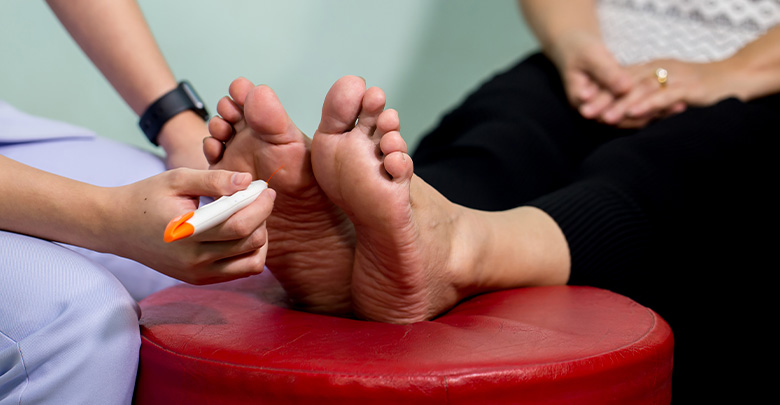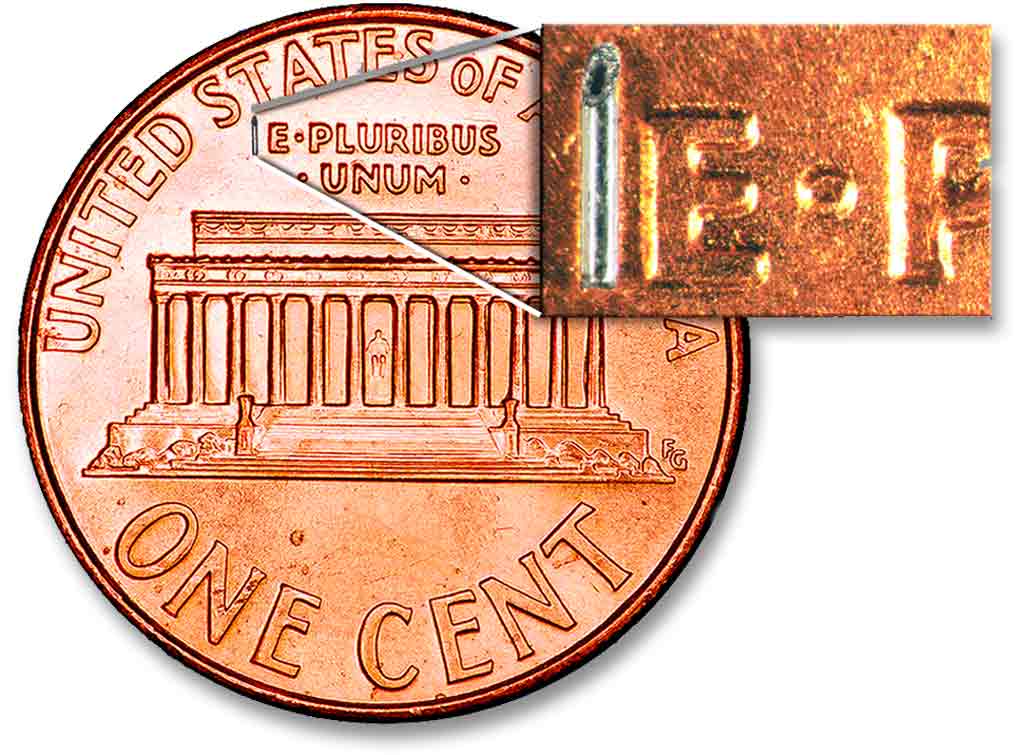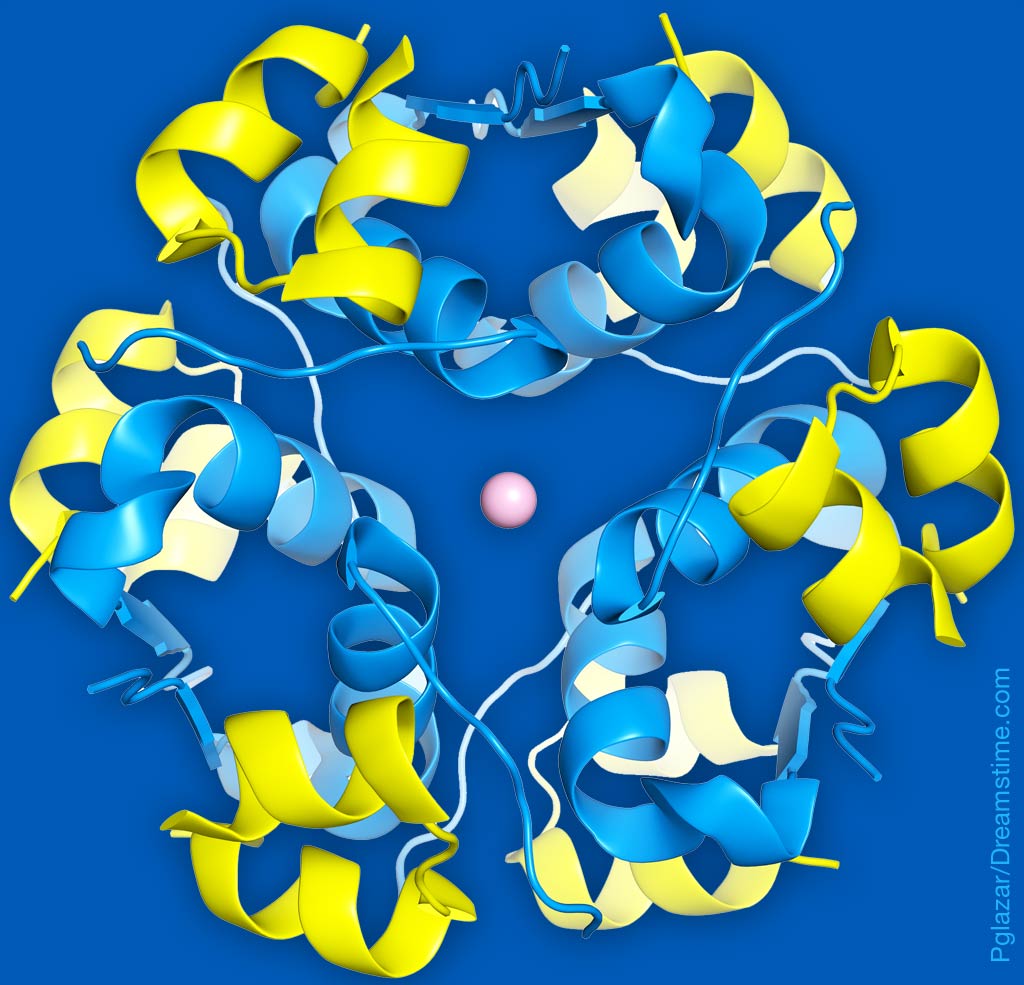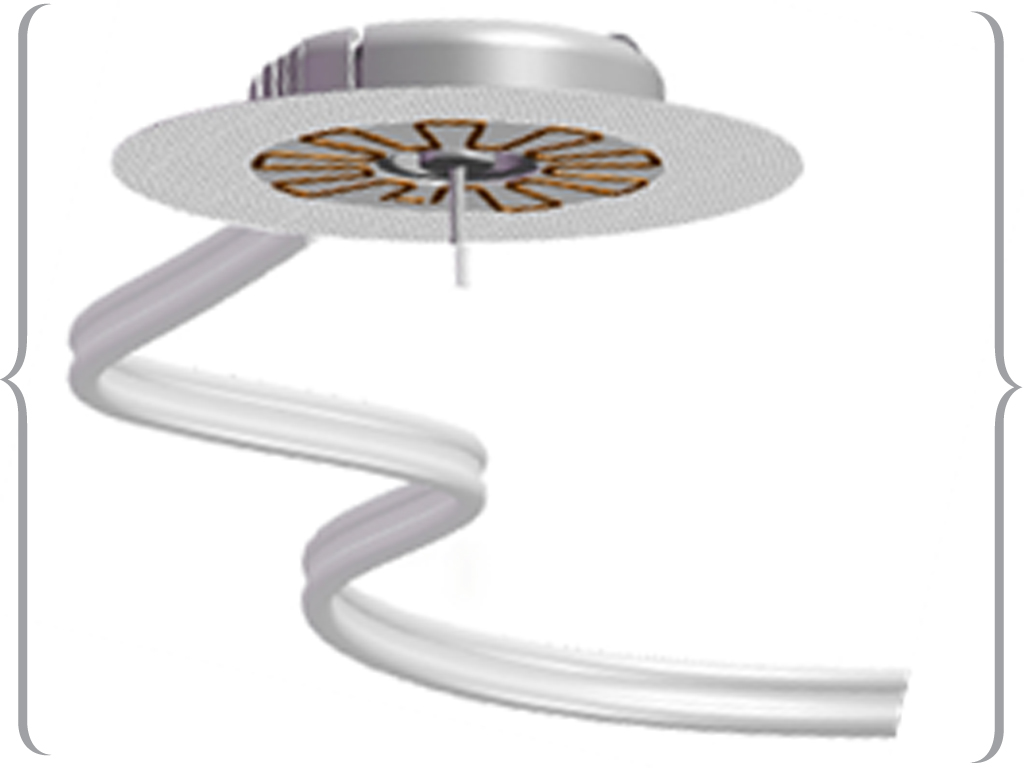Unusual Treatments for Neuropathy that Actually Work
Neuropathy is a common complication often treated with drugs but scientifically proven alternative treatments may be more effective

One of the most common complications suffered by people living with type 1 diabetes is neuropathy.
This often painful, and sometimes dangerous condition can cause tingling and numbness in the extremities, increased rates of amputation, and even heart and bladder problems.
Neuropathy, in general, means the dysfunction of nerves. But there are different types of neuropathy that can affect people living with type 1.
- Peripheral neuropathy is the most common form, affecting up to half of all diabetics. The peripheral nerves are responsible for motor control and feeling in the arms and legs. Damage to this system can lead to numbness, pain, weakness, and tingling in the feet, legs, or hands.
- Autonomic neuropathy is the second most common form and it affects the nerves responsible for automatic functions in the body such as regulation of the gut, bladder, and heart. Damage to this system can cause incontinence, constipation, impotence, and life-threatening heart problems.
For many living with neuropathy, reducing these painful and life-altering symptoms can only be accomplished by taking one or more of the drugs meant to address the condition.
Drugs aren’t the only treatment for neuropathy. In fact, some of the more unusual treatments for neuropathy seem to be more effective.
Here are four neuropathy treatments that have been scientifically proven to help many of those who suffer from the condition.
Effective Alternative Treatments for Neuropathy
Topical Capsaicin
Capsaicin is the chemical compound in chili peppers that gives them their spicy flavor. But making your eyes water and your tongue swell isn’t the only thing this naturally occurring chemical is good for.
Multiple scientific studies have looked at the effectiveness of topical capsaicin ointment on the reduction of neuropathy pain and other symptoms. What these scientists found was so promising that one company actually developed a capsaicin patch capable of significantly reducing peripheral neuropathy pain for up to twelve weeks per treatment.
Qutenza, as the patch is now known, was originally tested for use in nondiabetic neuropathy, mostly in patients suffering from HIV-associated neuropathy and nerve pain that exists after shingles flare-ups. But more recent studies have shown the patch to also be effective for peripheral neuropathy caused by high blood sugar.
But you don’t need a prescription to enjoy the pain-relieving benefits of capsaicin. There are multiple brands of capsaicin ointments and creams on the market that may help you find some relief.
Deep Breathing
As painful and difficult as living with peripheral neuropathy is, autonomic neuropathy can be more dangerous, especially when it affects cardiac function.
When the nerves that regulate heart rate, blood pressure, and other aspects of the cardiovascular system are damaged, it can create lasting problems with heart function and even acute issues such as asymptomatic ischemia which can cause arrhythmias and sudden death.
But one new study has found a surprising way to treat this type of neuropathy: With deep breathing.
These researchers found that deep breathing in a 100% oxygen environment at a rate of 15 breaths per minute increased measures of cardiovascular autonomic function by 21%. And breathing at a rate of 6 breaths per minute in a standard oxygen environment (the normal air in your house for example) increased these measures by 32%.
The participants in this study were all older type 1 diabetics who had been living with the condition for a significant portion of their lives.
A Vegan Diet
Multiple studies have looked at the effects of a low-fat vegan diet on heart health and blood sugar control of those living with diabetes, but it appears these amazing results are not limited to just these aspects of the disease.
One study followed 21 older people with type 2 diabetes with diagnosed systemic distal polyneuropathy (a specific type of peripheral neuropathy) after they received training on a low-fat, high-fiber, unprocessed food vegan diet.
Complete relief of neuropathy pain occurred in 17 of the 21 patients in less than two weeks on the new diet.
Followups of these 17 patients over the next four years showed that this initial improvement in their pain levels continued or even increased for the majority of the patients.
Evening Primrose Oil
Evening primrose oil, an oil extracted from the seeds of a plant by the same name, is high in omega-6 fatty acids, especially gamma-linolenic acid and linoleic acid. Since both of these fatty acids are essential components of the cell membrane and myelin of nerve cells, it makes sense that researchers would target this dietary supplement as a possible natural treatment for neuropathy.
Multiple double-blind, placebo-controlled studies using both type 1 and type 2 diabetic subjects with diagnosed neuropathy have found that evening primrose oil has a statistically significant impact on nerve function.
Not only did subjects in most of these trials report improved symptoms and pain, but tests of nerve function, such as heat threshold measurements, also showed significant improvement.
This is especially promising given the wide-availability, low cost, and minimal side effects of this dietary supplement.
Always Consult with a Doctor
Of course, when considering any treatments, whether natural oils, hot-chili ointment, or a change in diet, it is best to confer with your health team before making any changes.
The only caveat to this advice is with regard to deep breathing. This simple relaxation technique is something we could all use a little more of right now. And if it helps improve autonomic function at the same time, that’s just a bonus!







